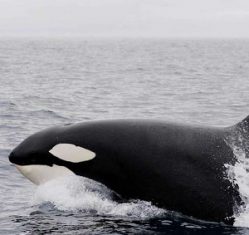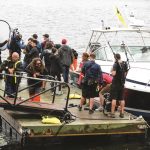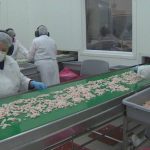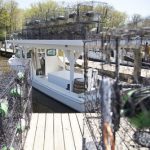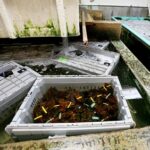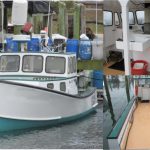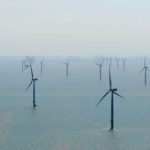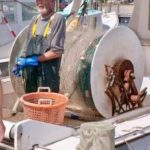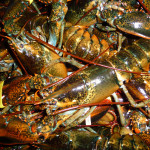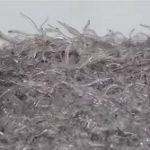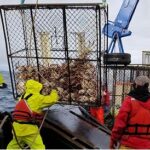Tag Archives: orcas
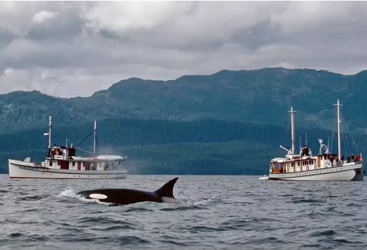
Orcas in Alaska are stealing fish right from the lines — and the new behavior seems to be killing them
Orcas in Alaska are exhibiting a “new behavior” that may be getting them in trouble, a local fisher’s association has said. They’ve been known to pluck fish off from commercial fishing gear for decades. But recently, they’ve been spotted lingering by the boats more often, appearing to “be feeding in front of the nets while fishing,” the group said. The Groundfish Forum, a Seattle-based trawl group that represents members operating 19 boats in the area, gave the warning in a statement shared by the Anchorage Daily News. “This new behavior” has never been documented and has marine scientists stumped, the Groundfish Forum said in the statement, dated September 21, >>click to read<< 18:01
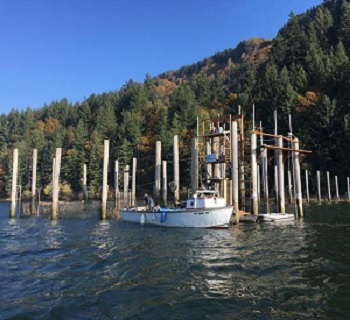
Washington State making a muddle of saving salmon
Local experts connected in various ways with salmon fishing and conservation must be ready to blow a gasket over the Washington Legislature’s latest clumsy efforts to “help.” In legislators’ defense, saving salmon is a supremely messy business, with more murky cross currents and furious undertows than a dangerous outer coast beach.,, Intentional confusion is added by outsiders whose only interest is in grabbing salmon for themselves or using the issue merely as a means to generate financial donations from well-wishing urbanites. And as if all that wasn’t enough, salmon management is also bound up with the need to help Washington’s endangered resident orcas, and with the obligation to coordinate some policies with Oregon and Canada. >click to read< 18:31
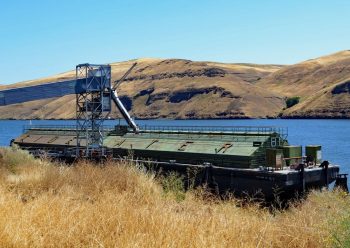
Wheat farmers fear extinction if Snake River dams are removed to help orcas
In the southeastern corner of Washington state, wheat goes down the river, while salmon are trucked up around dams on the road. “And taxpayers pay for all of it,” said Sam Mace, with Save Our Wild Salmon. “Isn’t there some option of switching this around,” Mace asked, >(Salmon Cannon?)< “the fish on the river and the wheat off the river?” In Western Washington, it could seem like a no-brainer: The orcas of the Salish Sea are hungry, because there are fewer and fewer of the salmon they depend on. Removing the four dams on eastern Washington’s Snake River would help the salmon that use the river to spawn–and thus the whales that eat the salmon. But the view from eastern Washington is different. There, the dams are important to the state’s wheat growers, fourth- and fifth-generation farmers who are worried about their future. >click to read< 13:33
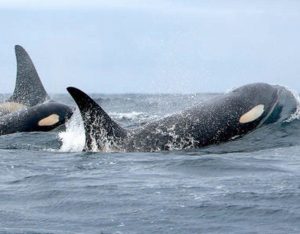
Salmon Fisheries Set As Managers Start Process To Protect Endangered Orcas
The organization that sets limits for commercial, recreational and tribal salmon fisheries in the Pacific Northwest wrapped up their work Tuesday at a meeting in Northern California. The Pacific Fisheries Management Council bases the limits on salmon run projections up and down the coast. While the chinook salmon catch will be slightly lower than last year, the coho fishery in Washington and northern Oregon will be much improved. Recreational anglers would benefit most from this. In addition, the council is starting work on plans to rebuild five Northwest fish runs considered to be “overfished,”,,, >click to read< 09:07

Orcas, fishermen are both endangered species
Orcas and commercial salmon fishermen share a common crisis — both need more adult Chinook salmon to return to the Columbia River; orcas to avoid starvation, fishermen to sustain their livelihoods and families. Northwest orcas are starving and their population is declining — only 74 remain, in large part because their primary prey, Chinook salmon, have been pushed by dams, dewatering and habitat destruction to near extinction almost everywhere.,, Salmon fishermen too are now effectively an endangered species, and for the same reasons as orcas — their Chinook salmon prey. <click to read<
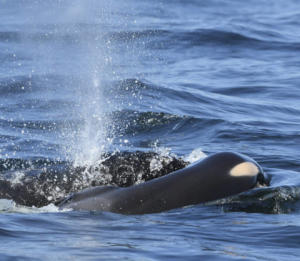
Giving up Chinook Is a Nice Idea but It Will Not Save the Orcas
The Seattle Times published a heart-warming/heart-breaking story Wednesday about chef Renee Erickson, who recently announced that she will be yanking Chinook salmon from her restaurant menus in response to Tahlequah, aka J35, the Salish Sea orca who became an international cause célèbre after carrying her dead baby for 17 days. “It’s sad,” Erickson told the Times. “I love eating [chinook], and I grew up catching it.” But, she added, “The biggest gut wrench is that we have starving orcas. We are eating the salmon they need to eat.”,, Taking chinook off restaurant menus (and your own shopping list) is a commendable action. But, unfortunately, it won’t save the whales. It’s kind of like every other environmental crisis: >click to read<09:59
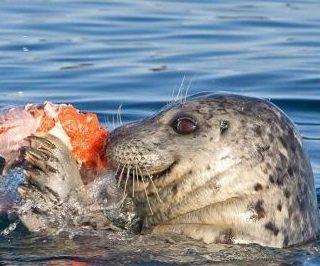
Seals a major factor in fewer salmon
Re: “Ottawa cutting chinook catch to save orcas,”>click to read< May 25. The article concerning the decline of chinook salmon and orca populations fails to mention the influence of seals. According to the University of British Columbia marine mammal research unit, seal numbers in the Strait of Georgia increased from about 5,000 to more than 40,000 from 1970 to 2008, and now kill about half of the juvenile coho and chinook. Reducing the salmon sport catch without addressing the exploding numbers of seals will not help the orcas much. >click to read<17:53
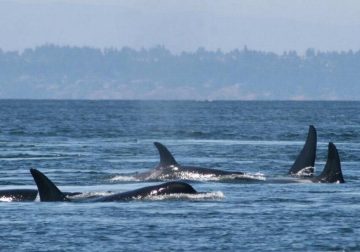
‘Two guys are doing all of the work’: Orcas’ inbreeding may devastate the population
Just two male whales fathered more than half the calves born since 1990 in the population of southern-resident killer whales, a sign of inbreeding, scientists have learned. “It was a shocker to find out two guys are doing all of the work,” said Ken Balcomb, director of the Center for Whale Research and an author on a paper published this week in the peer-reviewed scientific journal Animal Conservation. The findings are based on a new genetic analysis of the whales that frequent Washington’s Salish Sea and Puget Sound. >click to read<20:15
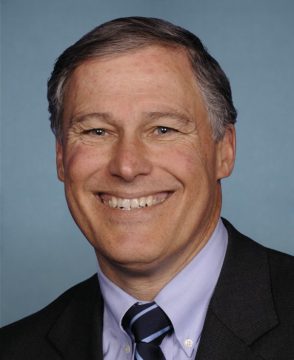
New Washington directive aims to help endangered orcas
With the number of endangered Puget Sound orcas at a 30-year low, Washington Gov. Jay Inslee on Wednesday signed an executive order directing state agencies to take immediate and longer-term steps to protect the struggling whales. The fish-eating mammals, also known as killer whales, that spend time in Puget Sound have struggled for years because of lack of food, pollution, noise and disturbances from vessel traffic. There are now just 76, down from 98 in 1995. Inslee said the orcas are in trouble and called on everyone in the state to do their part. >click to read<20:49






